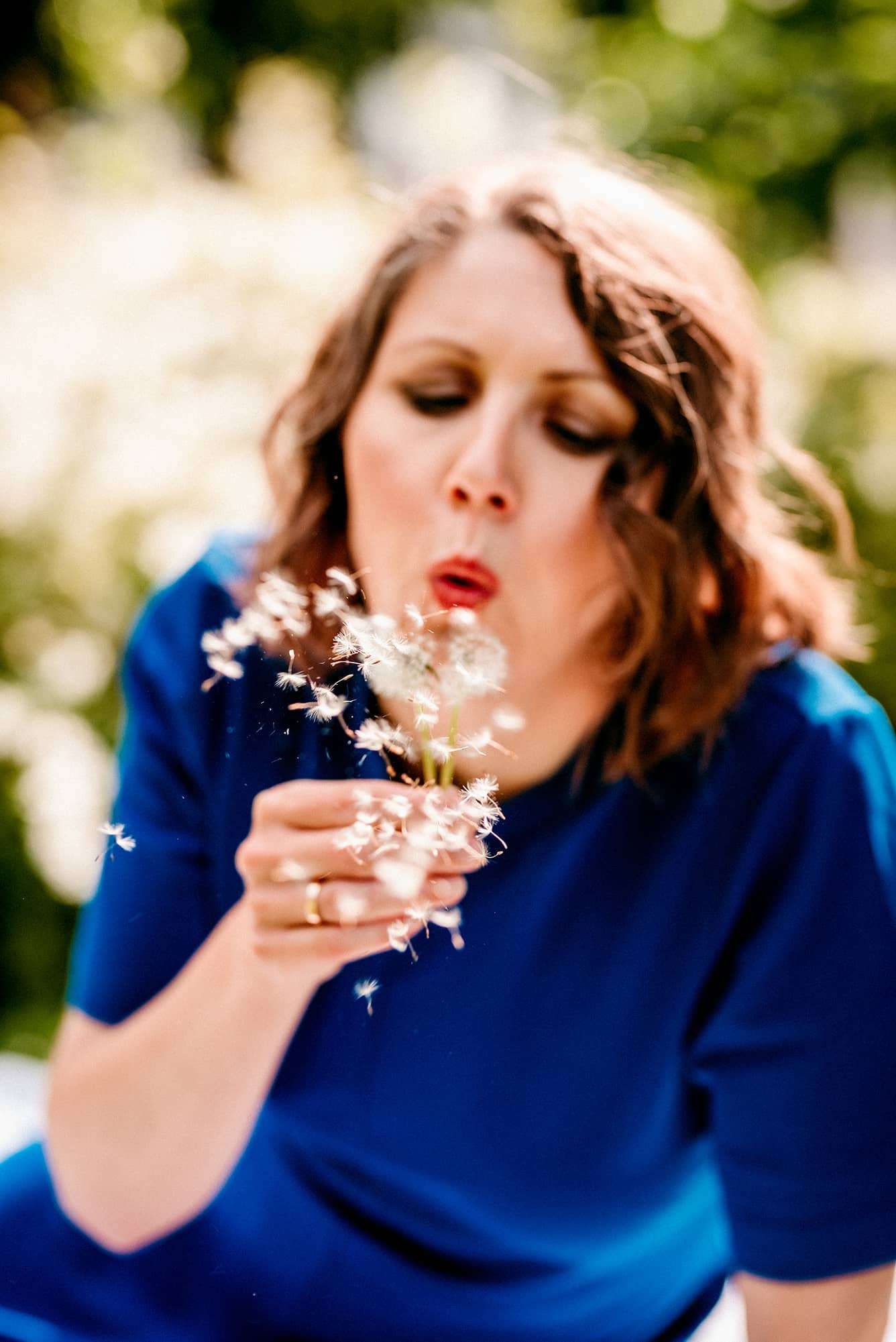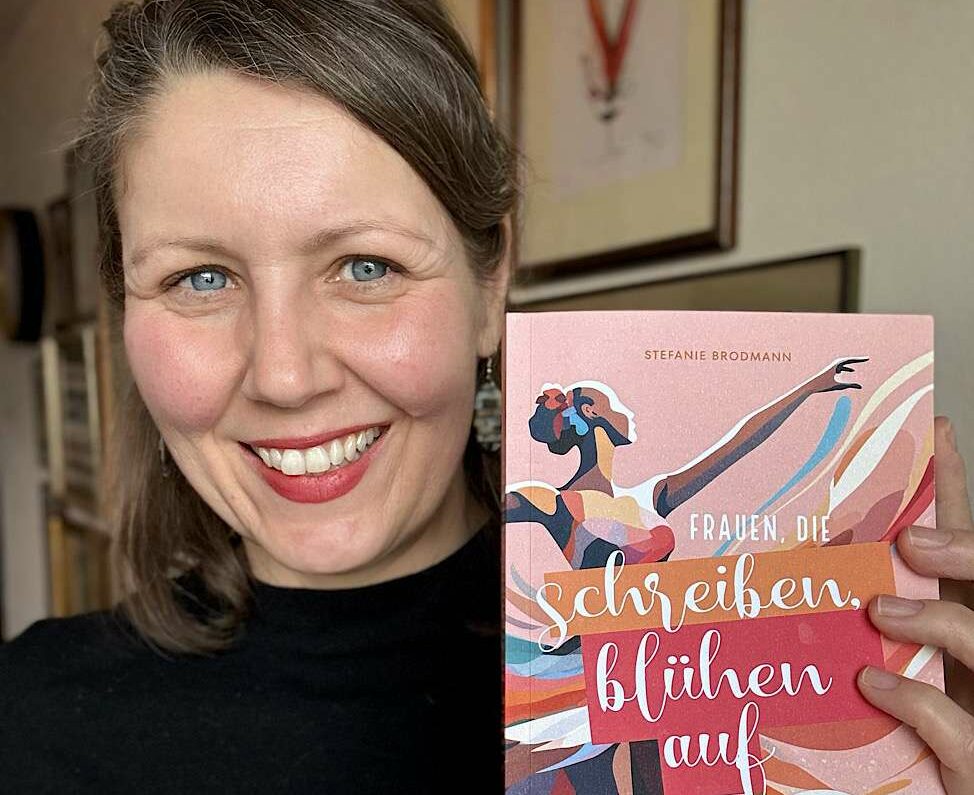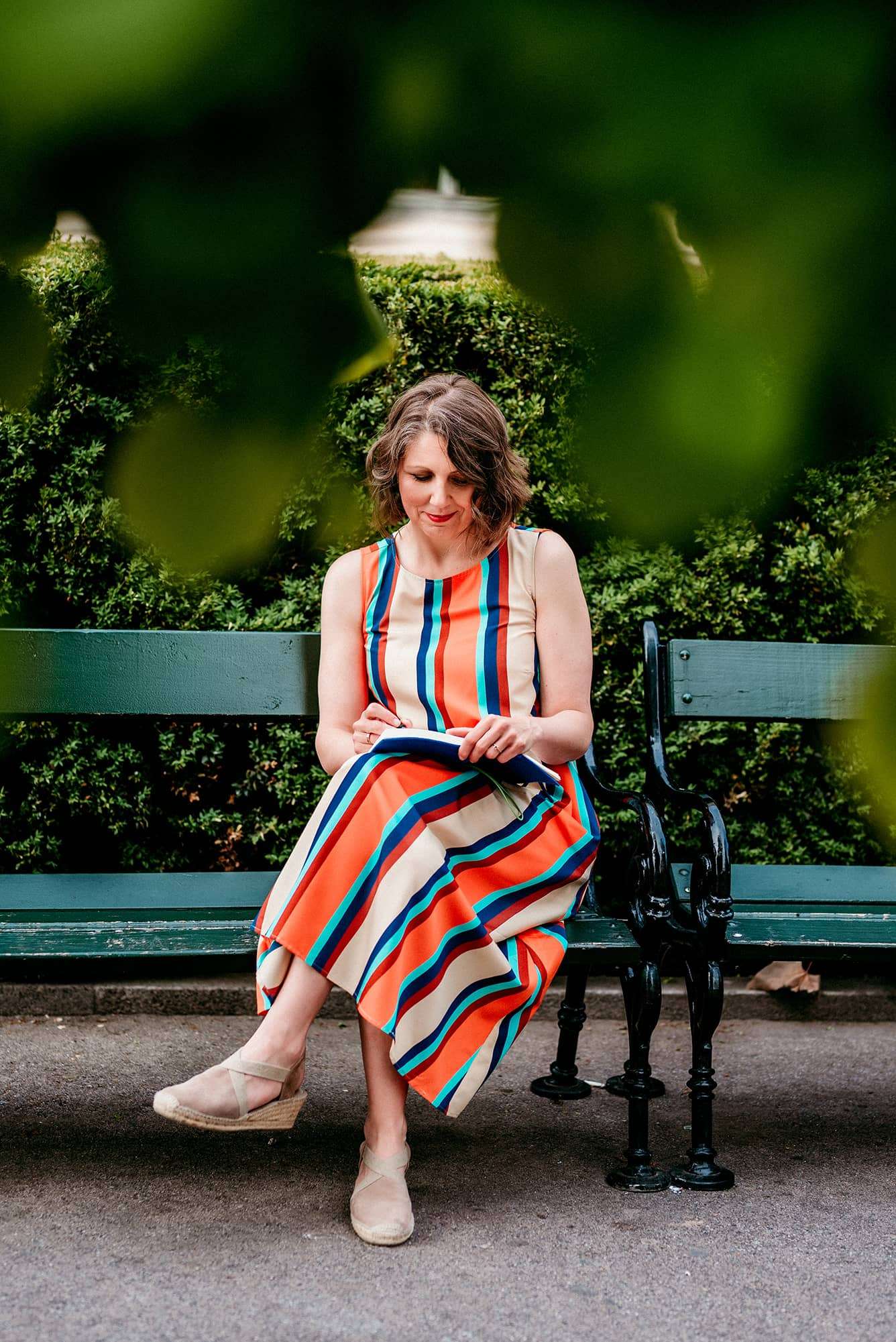My father-in-law called her hysterical. My mother-in-law called her hyper-sensitive. I understood her. I don’t recall having such reactions over a spilled glass of milk – to this day my parents like to tell the story that I spilled at least a glass a day – but I recall this deep fear of being criticized, not good enough, not loved.
I didn’t dismiss my daughter’s outbursts as hysteria. I sat by her, comforted her, and talked to her. I didn’t let her alone in her self-doubts. My daughter is an empathetic and smart little girl. She hasn’t had another “hysterical meltdown” in months; she has started school and her confidence is growing by the day.
In writing we need to do the same, we need to protect our inner child, our artist child. We need to protect it from ourselves, from the nagging critical voice inside us, from our own Censor.
“The Censor is our internal critic, our internalized perfectionist, who sits in our logical brain and keeps shouting out remarks while we do our art.”
Julia Cameron, The Artist’s Way
According to Julia Cameron, morning pages are important in that process as they are not art.
Morning pages are to be done, not written. There is no wrong way to do the morning pages, therefore the Censor’s opinion doesn’t count. Doing your morning pages is like sitting next to an insecure child, holding its hand, telling her that it’s ok. She will grow in confidence.
The same holds true for first drafts. When writing our first drafts we should apply freewriting. Write down your thoughts quickly, don’t stop to think, don’t lift your hand off the page. Don’t worry about style or grammar. Just write down what comes to your mind, let your artist child play. As with morning pages, these first drafts are not meant to be read by anyone but yourself. Protect your artist child from the Censor by teaching yourself these two important techniques for shutting out the Censor: Morning pages and freewriting.
This morning my daughter spilled a glass of milk. “Sorry” she said while getting up and fetching a cloth to wipe the table. I am proud of her.
Get your FREE 5-day writing prompts to connect with your true self and explore the power of writing!
Start right away and experience the benefits of writing in just 15 minutes a day! Try out this free writing prompt mini-series where you will receive beautifully crafted daily writing exercises for 5 days. At the end of the week and with just 15 minutes a day, you will have written 5 short texts for your diary and gotten to know your true yourself a bit better!





2 Antworten
Hi Steffie,
danke für deinen so anschaulichen und lebendigen Blog-Beitrag zu „the artist child in you“. Mich beschäftigt das Thema (inneres) Kind/Künstler-Ich ebenfalls sehr. Besonders liebe ich den Satz: „Doing your morning pages is like sitting next to an insecure child, holding its hand, telling her that it’s ok.“
Und ich kann mir die Szene mit deiner Tochter und den Schwiegereltern bzw. deren wenig hilfreichen (und ja auch falschen) Zuschreibungen so lebhaft vorstellen…. Toll, dass du deine Tochter anders wahrnehmen kannst!!
Liebe Grüße und frohes Weiterschreiben!
Liebe Nicole, ich danke Dir vielmals für Deinen Kommentar! Ich habe glaube ich erst durch die Erfahrungen mit meiner Tochter verstanden, wie zart und verletzlich unser inneres Kind wirklich ist. Ich freue mich, mich bald wieder mit dir auszutauschen! Alles Gute, Stefanie